July 2, 2024, Update:
Opinion: We should all dissent from the Supreme Court’s immunity decision, and not respectfully
This article below is from the Opinion section of the Los Angeles Times, July 1, 2024. It was written by the Dean of the University of California Berkeley School of Law.
“As Justice Sonia Sotomayor powerfully said in her dissent in Trump vs. United States, the Supreme Court on Monday made ‘a mockery of the principle, foundational to our Constitution and system of Government, that no man is above the law.’ In a 6-3 decision, the six Republican-appointed justices handed a stunning victory to Donald Trump in broadly defining the scope of absolute presidential immunity from criminal prosecution.
Roberts concluded his opinion by rightly saying: ‘This case poses a question of lasting significance.’ Unfortunately, the court gave an answer to that question that undermines the rule of law and creates a serious future threat to our democracy in placing the president largely above the law.”
Erwin Chemerinsky is a contributing writer to Opinion and the dean of the UC Berkeley School of Law.
August 8, 2020, Update:
In William’s Barr’s testimony before the House Judiciary Committee on July 28, 2020, he stated “Given our history, it’s understandable that among black Americans, there’s some ambivalence and often distrust toward the police. Until just the last 50 years ago or so, our laws and our institutions were explicitly racist, explicitly discriminatory.” He denied there is systematic racism in law enforcement.


